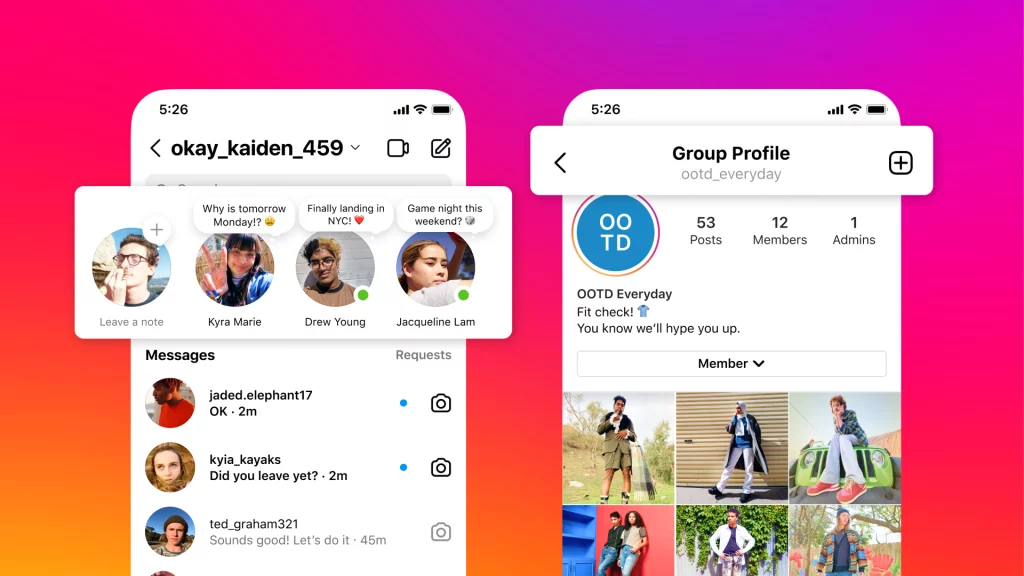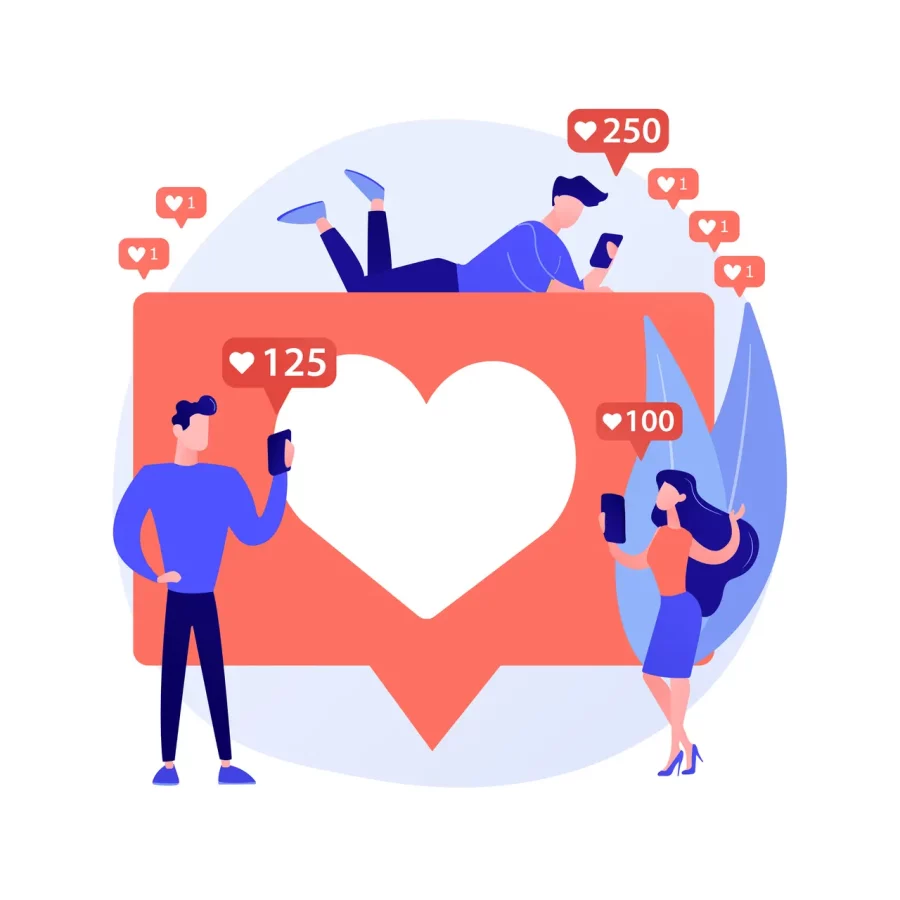The topic of this blog post is ‘identity’ and how it is formed/constructed in the ‘digital world’, this engaging video is a kick start to the vast topic and is very helpful when trying to learn and understand the key points.

The digital world has allowed for evoltion to take place in real life society, identity is one of these things that has been evolved overtime and one of the reasons for this is social media, there are now so many different social media applications that have different uses and allow people to express their feelings and identity with various people in the online world. An advantage of this evolution is that anyone can represent their ‘identity’ in the ‘digital world’, it is now extremely easy to showcase what you would like about yourself online and this is good because you can meet new people online that have the same interests or hobbies as you, this is how communities are formed on social media platforms. For example, on Instagram there are community groups that have accounts for poetry and anybody can join these groups and meet people they didn’t know before hand and create real life relationships, communities link online and real life by bringing them together which is fascinating. However, in some cases expressing identity in the online world can also be misleading and this is because users can lie or give false information about themselves to attract a niche audience and this is a huge root cause of exploitation in some situations, this is why it is always so important that everybody remains alert and sensible when in the digital world.

To finish this blog post, I would just like to highlight that the construction of ‘identity’ has most definitely become available online in the ‘digital world’, whether this is a good or bad thing for society is utterly subjective depending on the way you use the online world but as time goes on there is one thing that is certain and this is that with the ‘digital world’, evolution is inevitable.
References:
YouTube Video: https://www.youtube.com/watch?v=uIuJT1n2vRY
Instagram Image: https://about.fb.com/news/2022/12/sharing-features-on-instagram-notes-group-profiles-and-more/
Erving Goffman Image: https://www.thoughtco.com/erving-goffman-3026489
Featured Image: https://fully-verified.com/how-could-identity-verification-function-in-social-media/


I love this post, brings the topic together and it’s straight to the point. You mention the digital side of identity and bring in real life examples of social media. You have spoken about the theorist behind it which is great. Only you didn’t mention exactly what his theory was. Having that would have made it more adequate. Maybe adding a little bit more on how you associate your identity in general and not just digitally because I’ve seen that you’ve only added it towards the end here. Other than that, great post!
I think your headline is very catchy, and relatable. The fact that you compared it to modern day in regards to social media is also a good point because it draws more people’s attention and lets them feel that they can relate to this post.